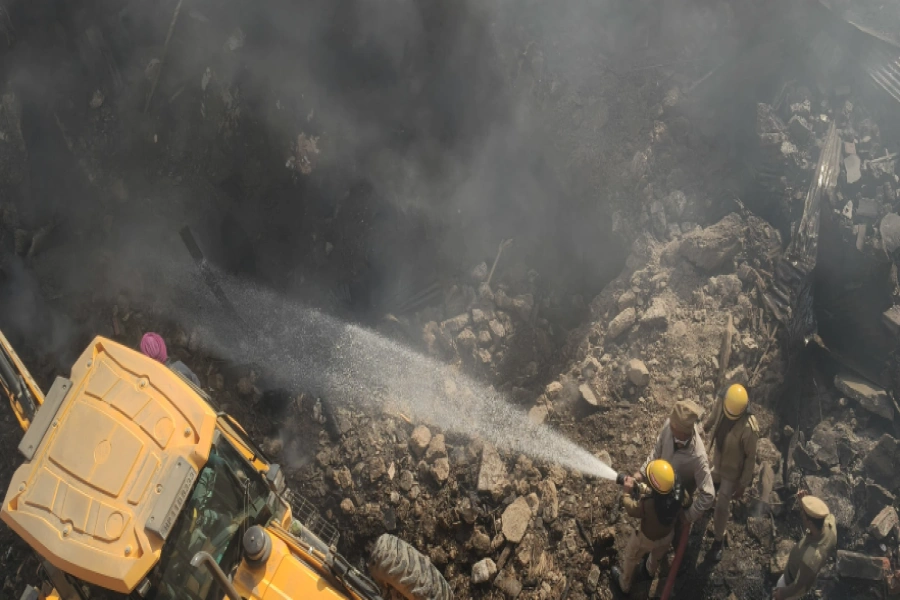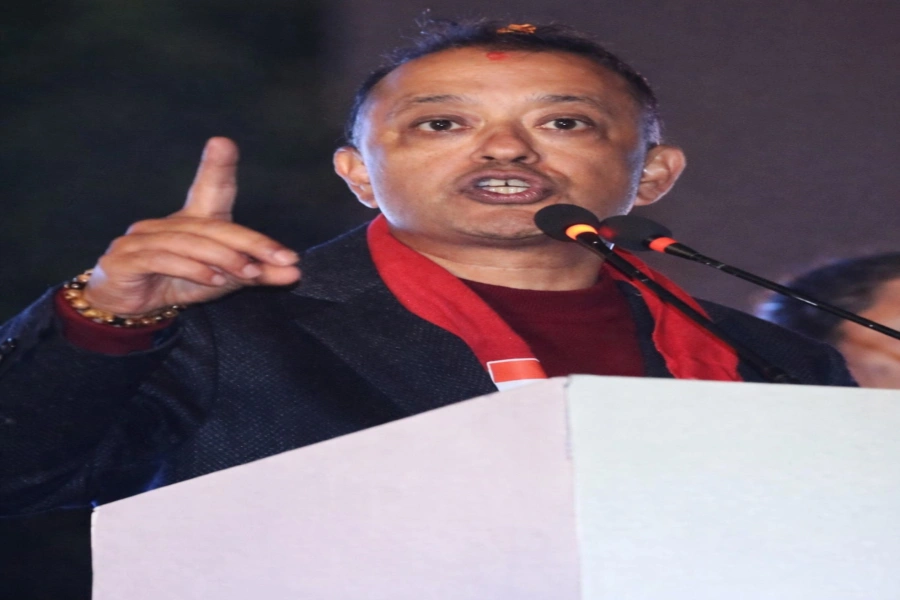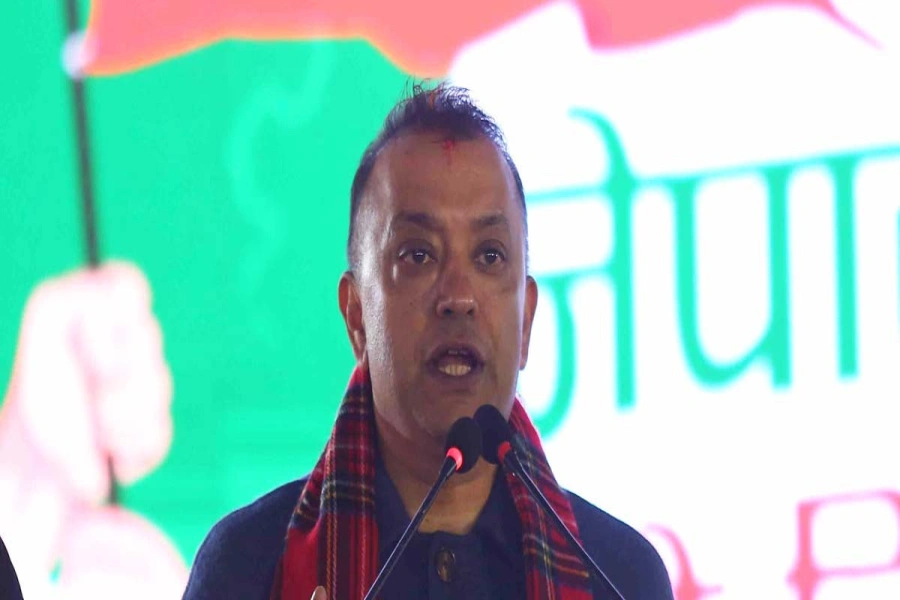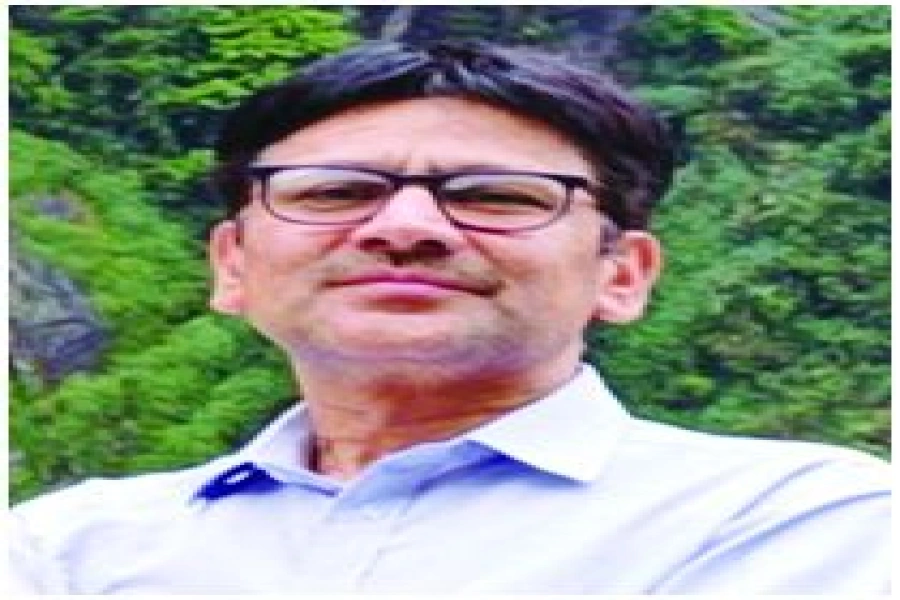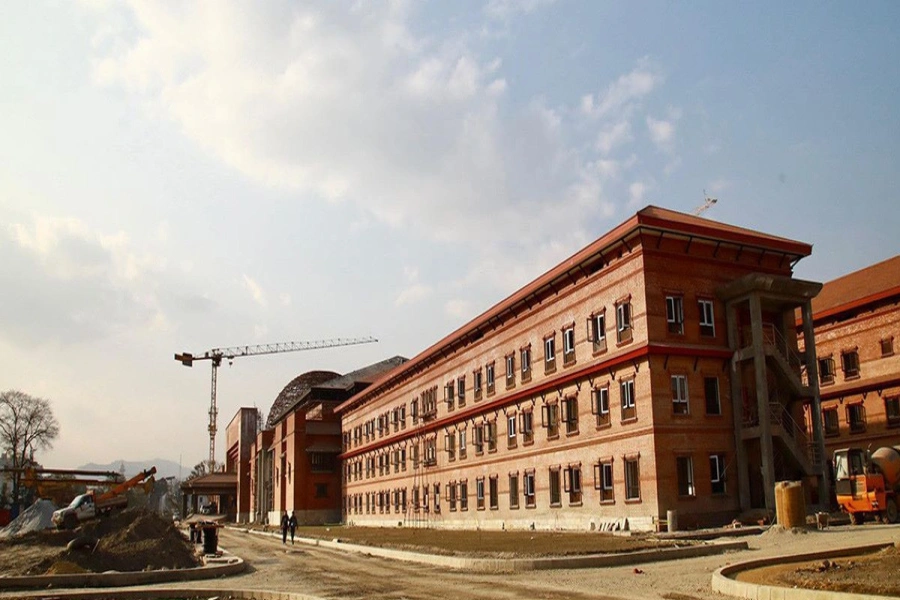On January 19th, in a spacious meeting room of the Financial Times building in London overlooking the Thames river, editor of The Banker magazine, Brian Caplen, felicitated former Finance Minister Ram Sharan Mahat as 'Finance Minister of the Year Global and Asia Pacific.' "Finance Ministers are the least liked people as they have to take unpopular decisions," said Caplen adding, "We chose Dr Mahat for his work in the aftermath of the devastating earthquake and in keeping the macroeconomy healthy."Nepal's journey towards economic liberalisation kicked off in the mid-1980s but speeded up after the multi-party polity was restored in 1990. As a former chairman of the National Planning Commission (NPC) and six-time Finance Minister, Mahat has been receiving bouquets as well as brickbats for handling the economy over these years.
World Bank and International Monetary Fund (IMF) pushed for Structural Adjustment Programs in mid-eighties aimed at short-term stabilization of economies and longer-term economic reform in developing countries. Their prescription included doing away with subsidies, reducing the state role and promoting the market, among others. It created a situation of economic growth without employment, and also austerity measures meant reduction of quality of public services. Some critics say it 'adjusted' the burden from the state to individuals and households thus disproportionately affecting the poor and women.
In the early 1990s, the Nepali Congress government pursued the policy of privatising State-Owned Enterprises (SOEs) arguing that it was not the role of the government to produce shoes or tobaccos. While questions remain regarding transparency and judiciousness of such moves, latest reports say that of the 30 privatised SOEs, only 11 were in operation by 2014 (TKP, 02/08/2014).
Track record
Mahat defended the track-record of the NC-led governments saying that privatisation of loss-making SOEs like Bansbari Shoe Factory not only saved the treasury precious money, but also encouraged private players who expanded their market and paid millions of rupees in revenue. "In the 1990s, nearly two-thirds of Nepal's development expenditure was financed by foreign aid, now its share is less than 1/3rd and the Debt-GDP ratio is less than 1/4th—one of the lowest in the world," said Mahat adding, "Revenue has gone up from Rs 13 billion in the 1990s to over Rs 500 billion now. Nepal spends nearly 3 percent of its GDP on social benefits, which is the highest in South Asia."
Though the party still vows to the ideology of 'democratic socialism,' the Nepali Congress governments pursued the policy of opening up of national economy and services sector thereby creating space for private players in education, health and aviation, among others. The private sector certainly drove the macro-economy forward and benefitted those who could afford to access services from private providers.
However, it also created a two-tier system, even for basic services like health and education. Economic liberalization without strong regulatory institutions and policies meant that the growth in the private sector was taking place at the expense of quality of services in the public sector thereby disproportionately affecting the poor. For example, doctors and teachers who were employed in public sector and drew salaries from there were often the same who went and taught in private schools and provided health services in private clinics. It can be argued that the biggest oversight of successive governments have been their failure to address social and economic inequalities and ensure distributive justice.
The progress Nepal has made in the areas like curbing Infant Mortality Rate (IMR), Maternal Mortality Rate (MMR) and schooling—particularly in girls' education—is impressive, according to the United Nations. Progress was also made in terms of physical infrastructure.
"By 1991, we had just 7,000 kms of roads but after 25 years, we now have around 60,000 kms of roads. Only 40 percent of population had access to piped drinking water in 1990. Now, it has reached nearly 85 percent," said Mahat.
Jobless growth
Such achievements, however, have been shadowed by larger problems like widespread unemployment and acute shortage of power. As over 1,500 youths continue to leave the country every day, job creation has hardly been a policy concern. Critics blame the Nepali state's complicity in sending angry young men out of the country thereby reducing potential threat to the ruling class. Power outage spanning over 12 hours a day is probably one of the best examples of failure on part of the state that aspires to promote private sector but has no effective institution.
The devastating earthquakes that hit the country last year and nearly five-month long economic blockade have forced Nepal's leaders as well as ordinary people to think long and hard about the economic direction the country should take in the days ahead.
To sum up, liberalization of Nepali economy, based on abstract principles, has done very little to serve the interest of poor masses. The economic policies and institutions to guide a more equitable and sustainable economic development will need to address Nepal's specificity. While migrant remittance has helped support the economy and much of the gains in human development index during Nepal's most difficult period in its history, Nepal's jobless growth that relies substantially on migrant remittance has to be addressed with economic policies that simultaneously create jobs.
Alongside jobs, policies and institutions that promote affordable and quality public education and health services will provide much-needed cushion to the low-income households which are often left in precarious situations. There have been positive results from the provision of universal basic income grants to low-income households in different parts of the world, which offers a potential way to engage with the politics of distribution in Nepal. The challenge, however, will be the identification of 'low-income households' for the Nepali state with weak regulatory capacity. Building the capacity of the Nepali state without bypassing and demonizing it remain major challenges.
Yogi is a BBC journalist based in London and Sharma is a lecturer in South Asia and International Development at the University of Edinburgh. Views expressed here are their own.
Deepika Padukone leads the pack with most number of blockbuster...





